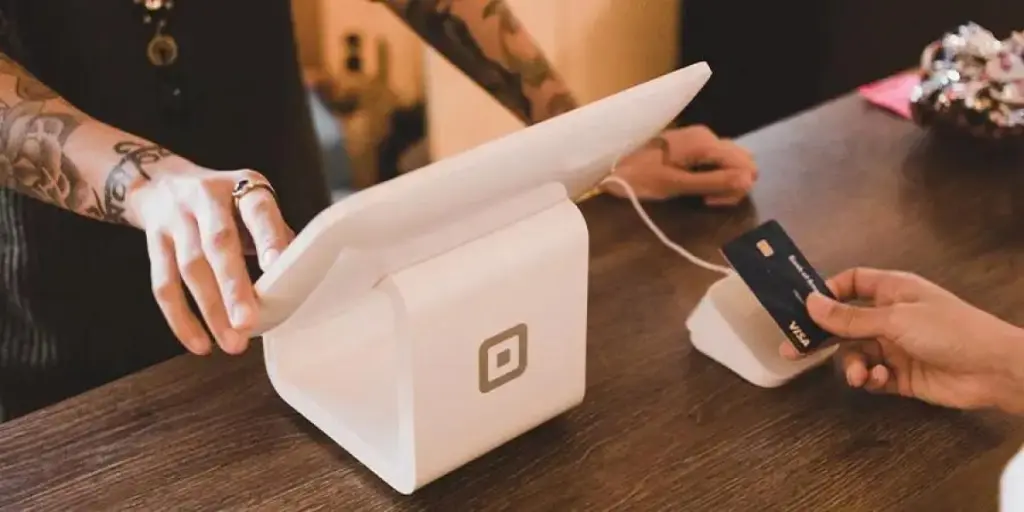Inflation and the cost-of-living crisis have caused many consumers to reconsider their spending habits. The beauty industry is still projected to reach a value of over US $500 billion by 2030, even with the current economic situation.
Regardless, companies that are leading the beauty industry are paying close attention to the situation and letting consumers know that they understand how difficult things have become. Brands that follow certain strategies will survive the crisis, as they will maintain consumer loyalty and retain customers by acknowledging the hardship.
Here are five strategies being used by business leaders to maintain loyalty from customers during the economic crisis.
Table of Contents
What strategies are brand leaders using?
Conclusion
What strategies are brand leaders using?
Offering reusable and refillable packaging
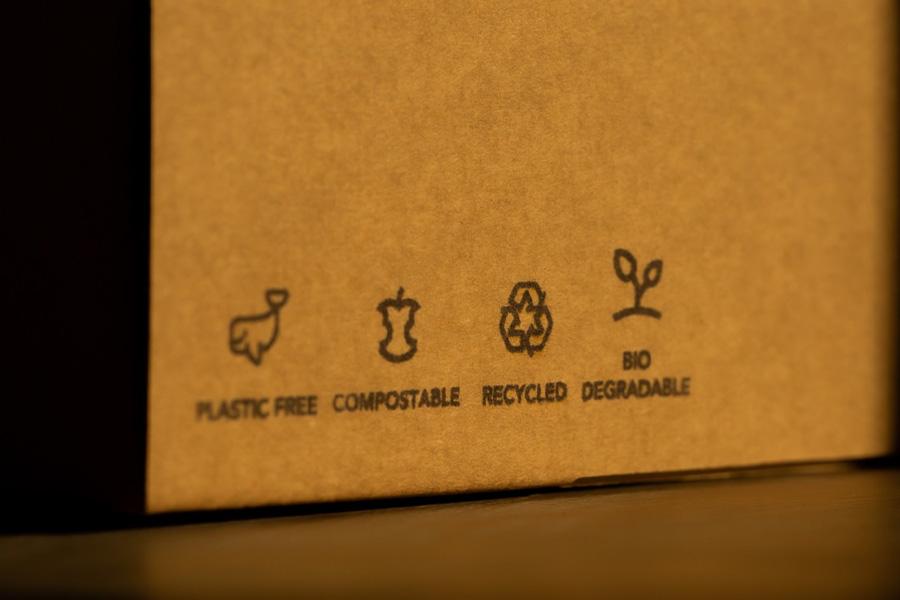
Customers are looking for ways to save money on their cosmetic purchases. To help them save money, some companies are offering reusable or refillable options for their products.
Reusable packaging is often more affordable than the cost of buying a new product, so more consumers will maintain their spending habits. Some manufacturers are even offering discounts if consumers choose the refillable option.
Refillable options will be a great draw for consumers who are worried about balancing environmentalism with cost-cutting. Cheaper products tend not to be very earth-conscious, so customers will appreciate affordable products that are good for the earth.
If reusable packaging isn’t possible based on the product, some manufacturers use biodegradable cosmetic packaging options.
Serving the community
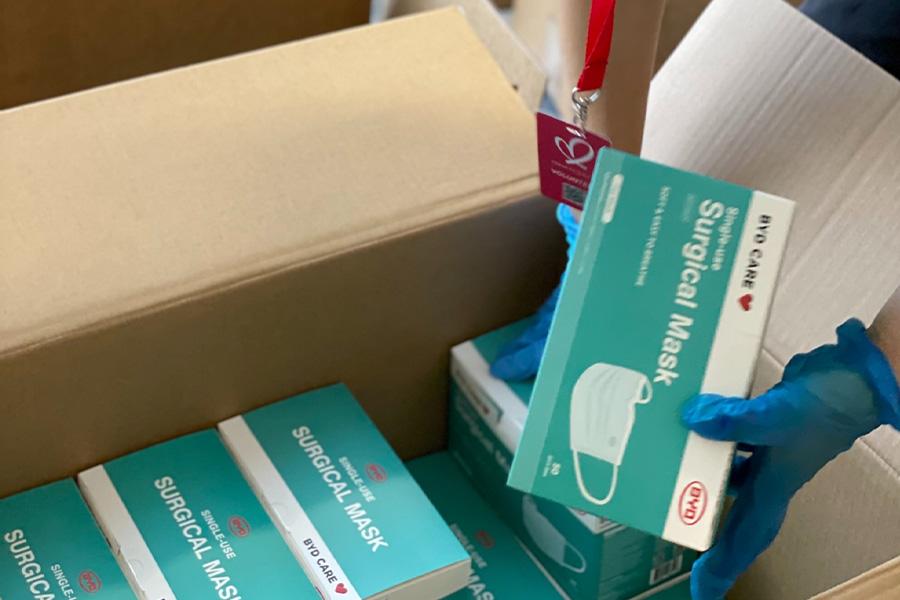
Even though helping customers save money is a great way to maintain loyalty, it might not be realistic for every business. Not every brand will be able to afford to lower prices, so companies that can’t do this should focus on ways to serve their consumers’ community.
Campaigns that focus on donating essential supplies during the economic crisis will be appreciated by consumers. For example, in 2022 the UK retailer Boots launched a campaign to address hygiene poverty in their community.
This issue plagued the community and only got worse as fewer people were able to afford the products they needed. Customers who bought products had the option to donate to the campaign when they paid for their items. Even if they don’t benefit from the donated services, consumers will still feel that the concerns have been acknowledged and that action is being taken to help consumers.
Making luxury budget-friendly

As in-person retailers are becoming one-stop shops for everyone, many retailers are taking steps to expand their beauty brands. Many small to medium cosmetic companies are struggling to stay in business during this economic crisis, so some have partnered with retailers like Target to offer their products at affordable prices.
This product assortment allows retailers to offer quality products to consumers at all price points. Products like this anti-wrinkle cream set are priced low enough that most consumers will be able to afford to experience these luxurious items. Companies that show a willingness to make luxury and quality attainable at any price point will gain consumer loyalty during this tough time.
Offering prestige products
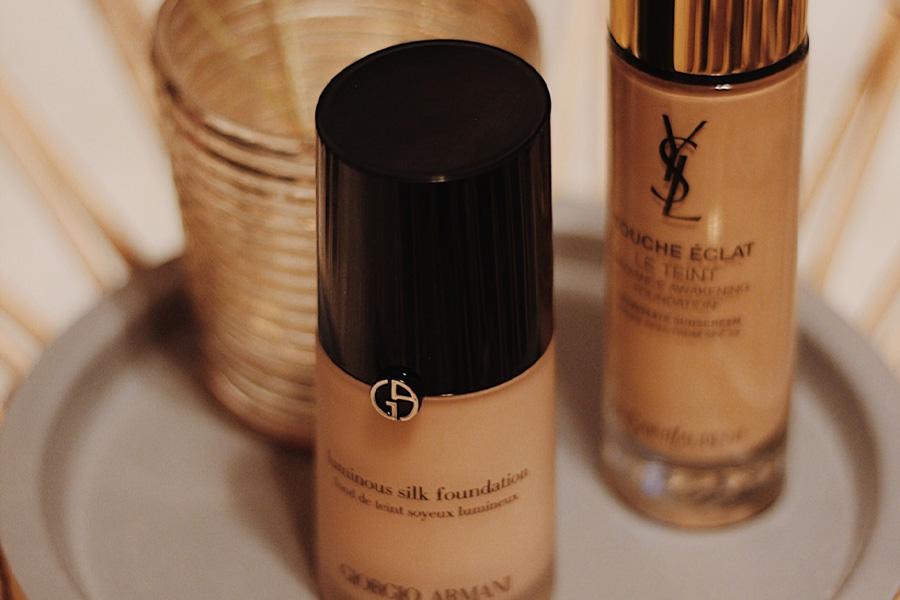
Some beauty brands have addressed the recession by creating more affordable products by using diffusion lines. A diffusion line is a beauty brand considered a “second-tier” collection owned by a larger, more prestigious company.
These cosmetic brands are offshoots of more expensive, established brands that aim to create more affordable products and capture a wider audience.
These brands have partnered with retailers like Walmart to spread their brands into as many areas as possible. This practice makes products like luxurious matte finish pressed powders more accessible to many consumers.
Diffusion lines have also contributed to dupe culture, which is the practice of finding more affordable products that do the same thing as more expensive products.
Budget-friendly products like this long-lasting perfume are sought after because they’re similar to high-end or expensive perfumes. Customers will appreciate finding affordable alternatives to luxurious products that are still good quality.
Prioritizing honesty
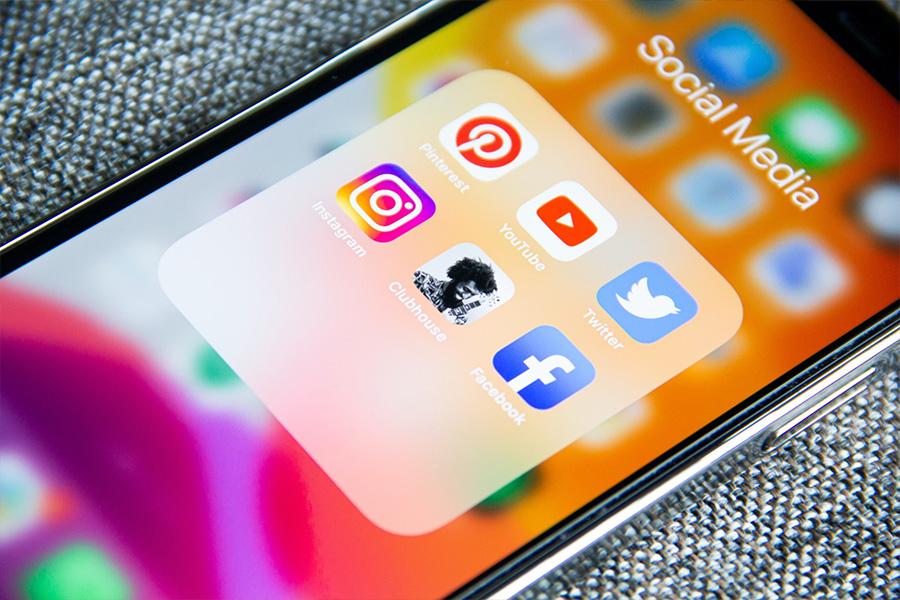
Everyone, from consumers to manufacturers, is struggling to afford what they need right now. Consumers value transparency and honesty from brands now that social media has made customer-to-company communication so easy.
Realistically, it might not be possible for brands to remain budget-friendly in the current economic situation, but being honest with consumers about the rise in prices is a great way to maintain customer loyalty.
Companies are using social media channels to speak with consumers and discuss branding, pricing, supply chain issues, and other factors that may keep costs higher.
Communicating with customers, whether to tell them about a price increase or a shipping delay, will go a long way to maintaining customer loyalty. Customers don’t want to feel ignored, so even if the news isn’t good news, customers will appreciate an honest update from the company.
Conclusion

Rising inflation has caused brands to reconfigure the way they do business. Customers are looking for ways to spend less while maintaining their lifestyles.
Following practices like offering budget-friendly products or prioritizing community outreach will help businesses thrive during this time.
